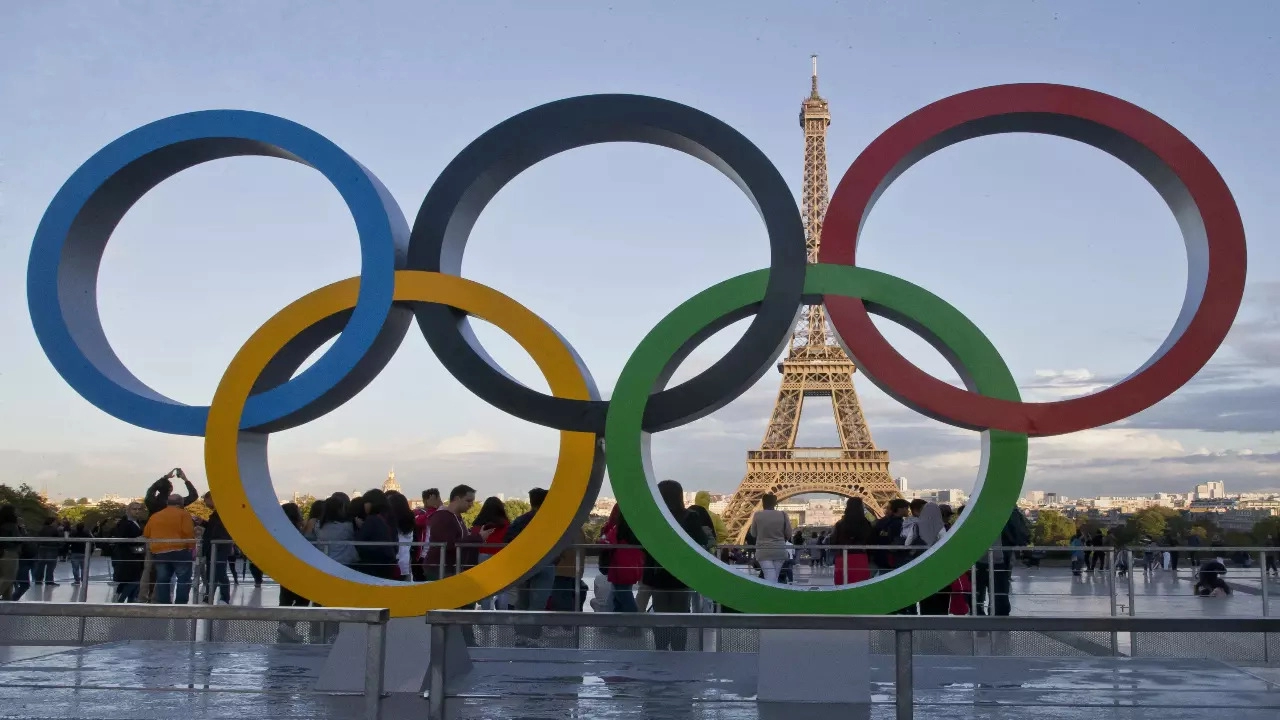
Why Rising Temperatures Will Make Hosting the Summer Olympics Impossible by 2050.

As global temperatures continue to rise, the future of the Summer Olympics faces significant challenges. By 2050, many cities that have traditionally hosted or aspire to host the Games may become too hot to do so safely during the summer. The recent Paris Olympics highlighted this growing concern, where the event saw extreme weather fluctuations—ranging from heavy rain to intense heat, with temperatures spiking as high as 95 degrees Fahrenheit (35 degrees Celsius). This unpredictability underscores a larger issue: the increasing threat of extreme heat for both athletes and spectators, especially those coming from cooler climates.
As the world grapples with climate change, the feasibility of hosting the Summer Olympics in many regions is becoming uncertain. According to a CNN analysis of data from CarbonPlan, a nonprofit organization focused on climate science, most cities in the eastern United States will exceed the safe heat threshold by 2050. This limit is defined by the wet-bulb globe temperature, a measure that accounts for heat, humidity, wind speed, sun angle, and cloud cover. Exceeding this threshold, which is set at 82.1 degrees, poses significant health risks, particularly for athletes who are pushing their bodies to the limit.
Cities like Atlanta, which hosted the 1996 Olympics, will be far too hot by mid-century, as will much of eastern China, including major cities like Beijing and Shanghai. In Southeast Asia, the situation is even more dire, with vast areas projected to surpass safe heat levels. This trend is not isolated to one region; it is a global issue that affects potential Olympic hosts across multiple continents.

As a result, there is growing advocacy for rescheduling the Summer Olympics to avoid the peak heat of summer. Historical precedents exist for this shift. For instance, the Sydney 2000 Games were held in September and October, coinciding with the Southern Hemisphere’s spring. Similarly, the 2016 Rio de Janeiro Games took place in August, during Brazil’s winter, where temperatures are more manageable.
Looking ahead, the cities bidding for the 2036 Summer Olympics must consider these climate realities. While Los Angeles will host the 2028 Games with the cooling influence of the Pacific Ocean, other contenders, including Ahmedabad, Doha, and Istanbul, face significant heat challenges. Only Santiago, Chile, remains under the heat stress threshold year-round, making it a safer option.
The urgency of addressing these issues cannot be overstated. If cities continue to experience rising temperatures, the very concept of the Summer Olympics may need to be reimagined. Whether through changing event schedules, modifying rules to protect athletes, or selecting cooler, high-altitude cities, the Olympic Committee and host nations must adapt to the new climate realities. The stakes are high—not just for the future of the Games, but for the health and safety of everyone involved.



